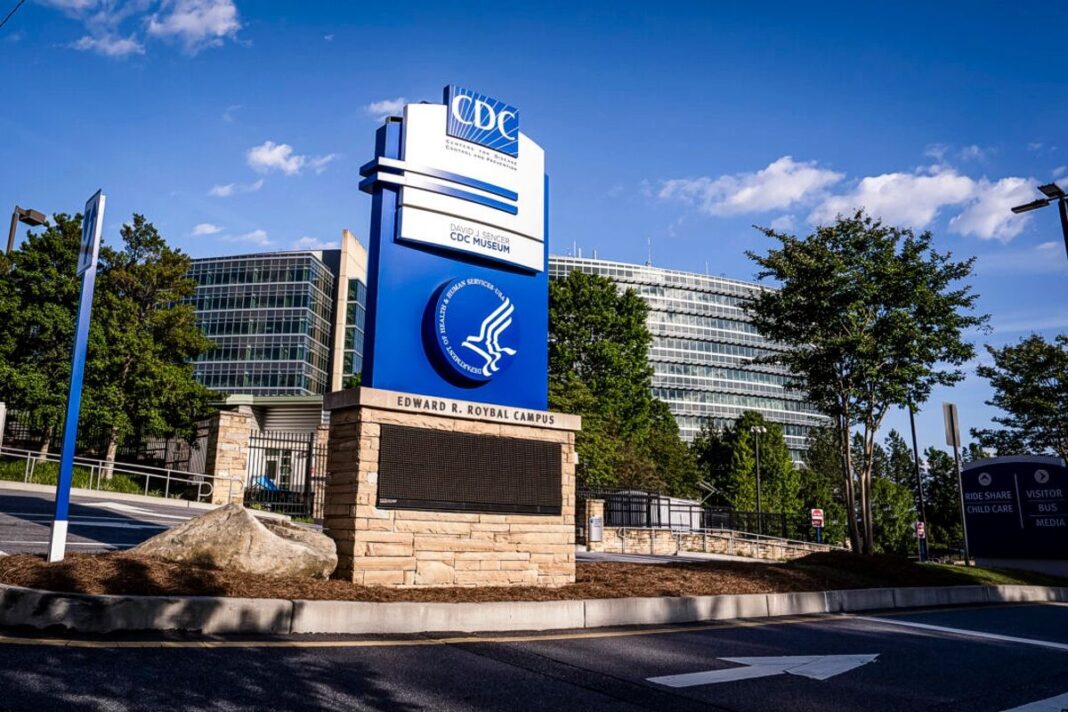The agency accepted advice from its vaccine advisory panel.
The Centers for Disease Control and Prevention no longer broadly recommends COVID-19 vaccination. The agency now says that each person should take a range of factors into account, and consult with their doctor, before receiving a shot.
“Informed consent is back,” Jim O’Neill, the CDC’s acting director, said in a statement on Oct. 6 after accepting advice from the CDC’s vaccine advisory panel. “CDC’s 2022 blanket recommendation for perpetual COVID-19 boosters deterred health care providers from talking about the risks and benefits of vaccination for the individual patient or parent. That changes today.”
The official term for the updated posture is shared clinical decision-making. Under other tiers, vaccination is recommended for everyone or everyone in a certain age or risk group.
“Shared clinical decision-making recommendations are individually based and informed by a decision process between the health care provider and the patient or parent/guardian,” the CDC states on its website.
The CDC for years recommended virtually all people aged 6 months and older receive a COVID-19 vaccine, along with updated versions on an annual basis.
Around 44 percent of people aged 65 or older received a COVID-19 vaccine in late 2024 or early 2025, according to CDC data. About 14 percent of adults aged 18 to 49, 13 percent of children, and 10 percent of health care workers received a vaccine during that time.
Under orders from Health Secretary Robert F. Kennedy Jr., the agency in May stopped recommending COVID-19 vaccination for healthy children and pregnant women.
The Advisory Committee on Immunization Practices, the CDC’s vaccine advisory panel, in September unanimously said that the CDC should change from its near-universal recommendation to shared clinical decision-making, in part because panel members said data supporting vaccine effectiveness is weak.
“At best, the additional protection provided by a seasonal booster is moderate and of short term,” Retsef Levi, chair of the panel’s COVID-19 immunization workgroup, said during the meeting.
Members also said that they were concerned about side effects the vaccines can cause, including myocarditis, a form of heart inflammation.
The panel’s advice is typically accepted by the CDC.
The Food and Drug Administration recently withdrew emergency authorization for the COVID-19 vaccines.








